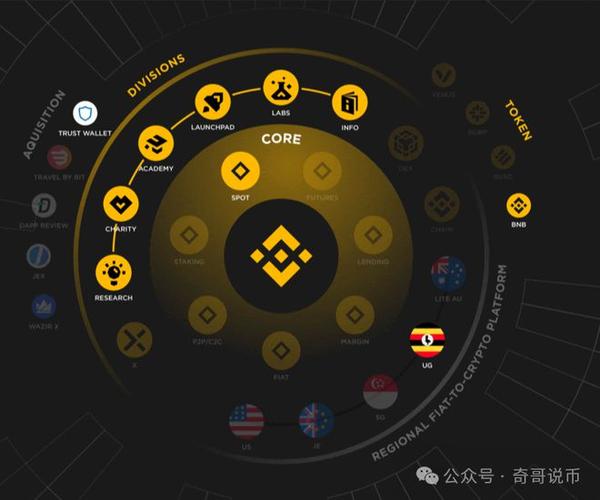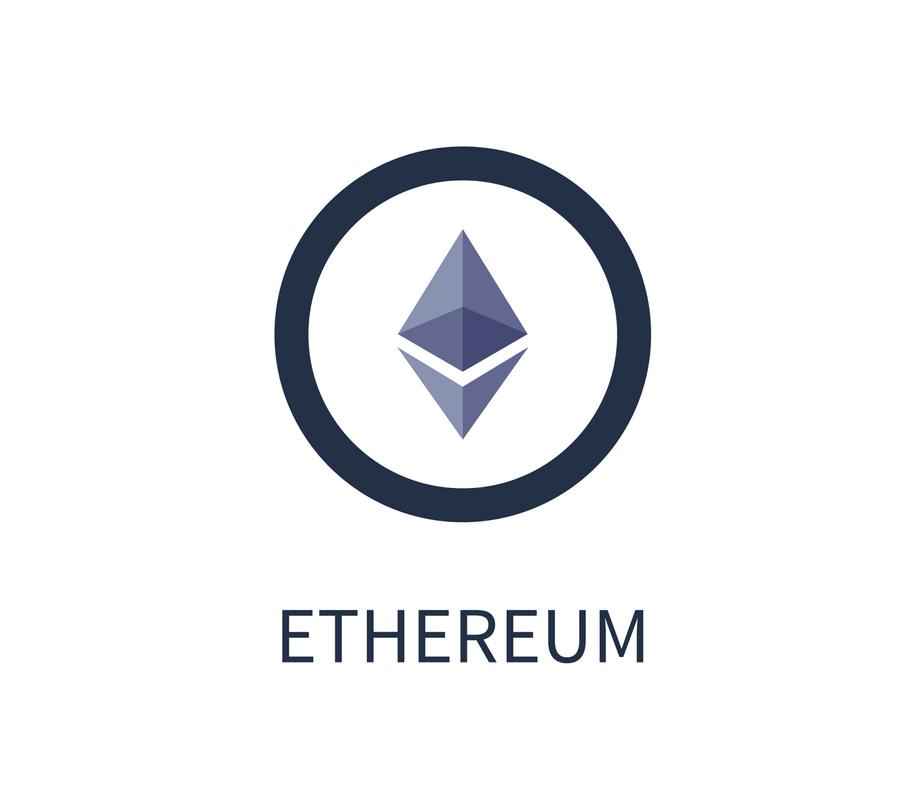
Data.eth: A Comprehensive Guide
Data.eth is a groundbreaking innovation in the blockchain space, offering a unique and efficient way to manage and access data. In this article, we will delve into the various aspects of data.eth, exploring its features, benefits, and potential applications.
Understanding Data.eth
Data.eth is a decentralized data directory built on the Chainlink network. It leverages the Ethereum Name Service (ENS) to create human-readable domain names for Chainlink Price Feeds. This makes it easier for users to identify and interact with the data they need, without the need for complex addresses.

Key Features of Data.eth
Here are some of the key features that make data.eth stand out:
| Feature | Description |
|---|---|
| Human-readable domain names | Data.eth uses ENS to create domain names that are easy to remember and share, making it simpler to access Chainlink Price Feeds. |
| Decentralized discovery | Data.eth allows users to discover and access Chainlink Price Feeds in a decentralized manner, without relying on centralized services. |
| On-chain indexing | Data.eth stores all its metadata on the blockchain, ensuring transparency and immutability. |
| Open standard | Data.eth is built on an open standard, allowing developers to integrate it into their own projects and applications. |
Benefits of Data.eth
Data.eth offers several benefits to users and developers:
-
Improved user experience: By using human-readable domain names, data.eth makes it easier for users to interact with Chainlink Price Feeds.
-
Increased security: Data.eth’s decentralized nature ensures that users can access data without relying on centralized services, reducing the risk of data breaches.

-
Enhanced transparency: With all metadata stored on the blockchain, data.eth provides a transparent and immutable record of data access and usage.
-
Open standard: Data.eth’s open standard allows developers to integrate it into their own projects, fostering innovation and collaboration in the blockchain space.
Applications of Data.eth
Data.eth has the potential to be used in a wide range of applications, including:
-
DeFi: Data.eth can be used to provide reliable and secure price data for DeFi applications, such as lending platforms and decentralized exchanges.
-
Smart contracts: Data.eth can be integrated into smart contracts to provide real-time data, enabling more complex and dynamic applications.
-
Supply chain: Data.eth can be used to track and verify the authenticity of products in the supply chain, improving transparency and trust.
-
Healthcare: Data.eth can be used to securely share patient data between healthcare providers, improving patient care and outcomes.
Conclusion
Data.eth is a powerful and innovative tool that has the potential to revolutionize the way we manage and access data. By leveraging the power of blockchain and ENS, data.eth offers a secure, transparent, and efficient way to manage data, with a wide range of potential applications across various industries.




